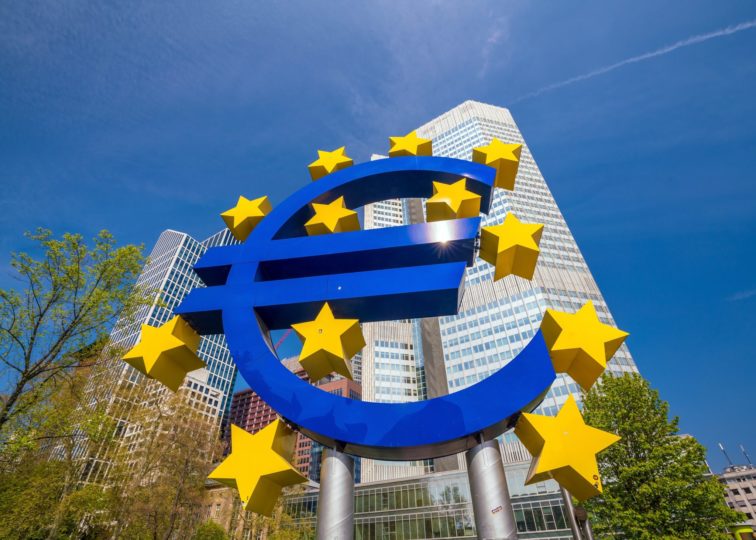
Blog
EU Economy Narrowly Avoids Recession, Falls Further Behind U.S.
February 1, 2024
Economies across the eurozone stagnated in the final three months of 2023, widening the gap between the resilient U.S. economy and the European continent.
The 20-nation eurozone posted zero growth in the fourth quarter, narrowly skirting a recession following a 0.1% economic contraction in the third quarter, according to Eurostat, the European Union’s official statistics agency. Economists polled by Reuters had been expecting another 0.1% contraction in Q4. Had that come to pass, it would have meant two consecutive quarters of negative GDP growth, which would have meant the region was in a recession.
The E.U.’s two largest economies, Germany and France, struggled in the final months of 2023, with the German economy contracting by 0.3% and the French showing no growth. There was better news from the other two members of Europe’s “big four” economies, as Italy, which had been expected to show no growth, posted growth of 0.2%. Spain’s economy expanded by 0.6%, well ahead of the forecasted 0.2%.
By comparison, the U.S. economy grew at a 3.3% pace in Q4, putting its relative outperformance against the E.U. at the highest level since 2013.
One factor underpinning the U.S. and Europe’s diverging economic paths is the proximity Europe has to geopolitical flashpoints. Russia’s invasion of Ukraine sent energy prices surging in 2022, stretching consumers’ budgets and weighing on European manufacturing. The U.S., as an energy producer, was relatively unaffected, and the American natural gas industry even benefited from the scenario, stepping up to become Europe’s energy provider of last resort after Russia cut the region’s supply. Now, conflicts in the Middle East have threatened shipping lanes in the Red Sea, increasing costs for European importers and threatening supply chains. The U.S., on the other hand, has not suffered as much because we have access to alternate routes for goods coming from Asia.
European policymakers are optimistic about the continent’s economic prospects in 2024, hoping for a pickup in economic activity as inflation continues to retreat and the European Central Bank lowers interest rates later in the year.
